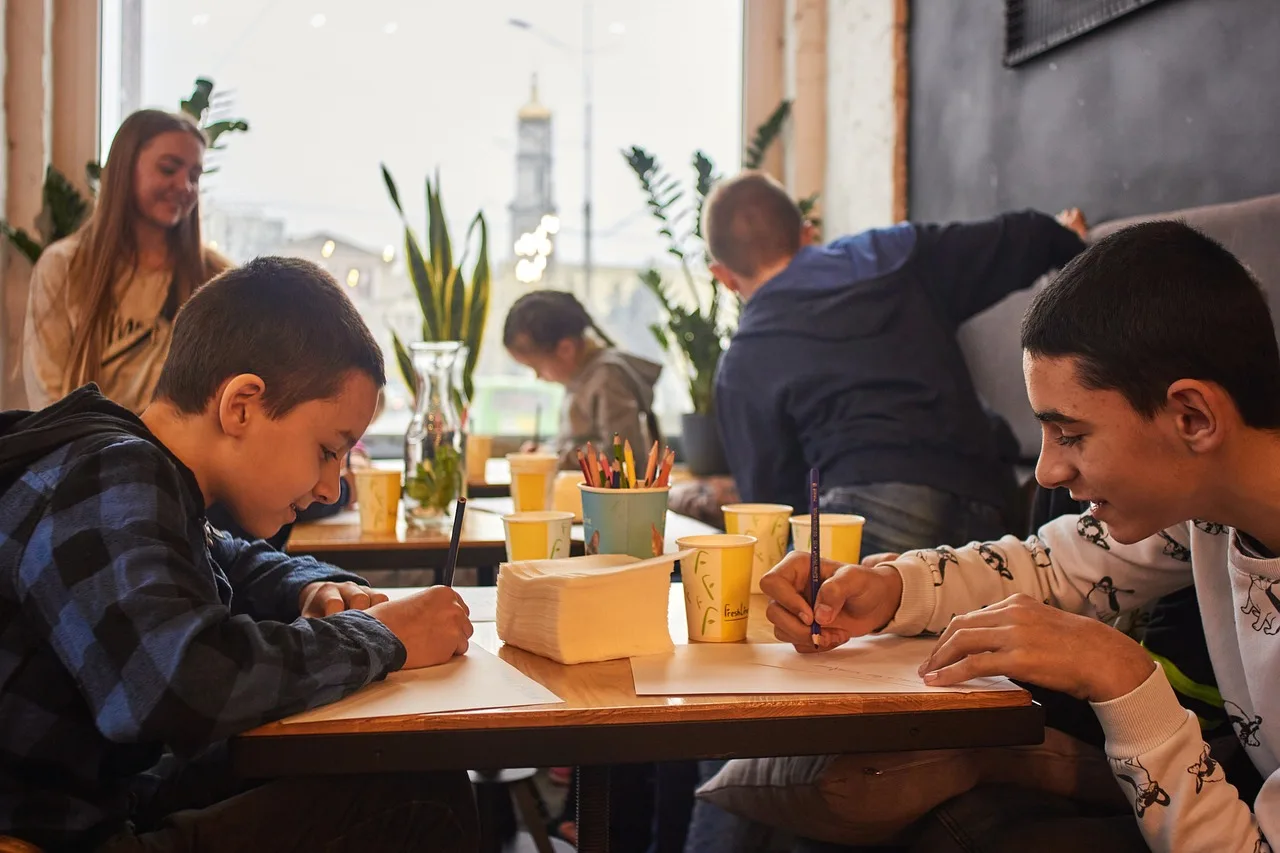Due to the full-scale invasion in 2022, orphanages from the frontline regions were evacuated to safe places. 94 of them were moved within Ukraine, and 196 were moved abroad. To check whether the rights of children in evacuated orphanages abroad are respected, representatives of the Ombudsman’s Office conducted more than 600 monitoring visits in 2024 to Austria, Italy, Switzerland and other countries where such institutions are located. The results of these inspections were presented at an offsite meeting of the Humanitarian and Information Policy Committee of the Verkhovna Rada of Ukraine at the Child Protection Centre.
Read also: Economic pessimism: how November 2024 changed the mood of Ukrainian business
Italy
A total of 398 children were evacuated to Italy. As of December 2024, 245 children are still there. Ukraine cannot return them because Italy has established control over these children – it has placed them in foster care and refuses to return them. This issue must be resolved in bilateral negotiations.
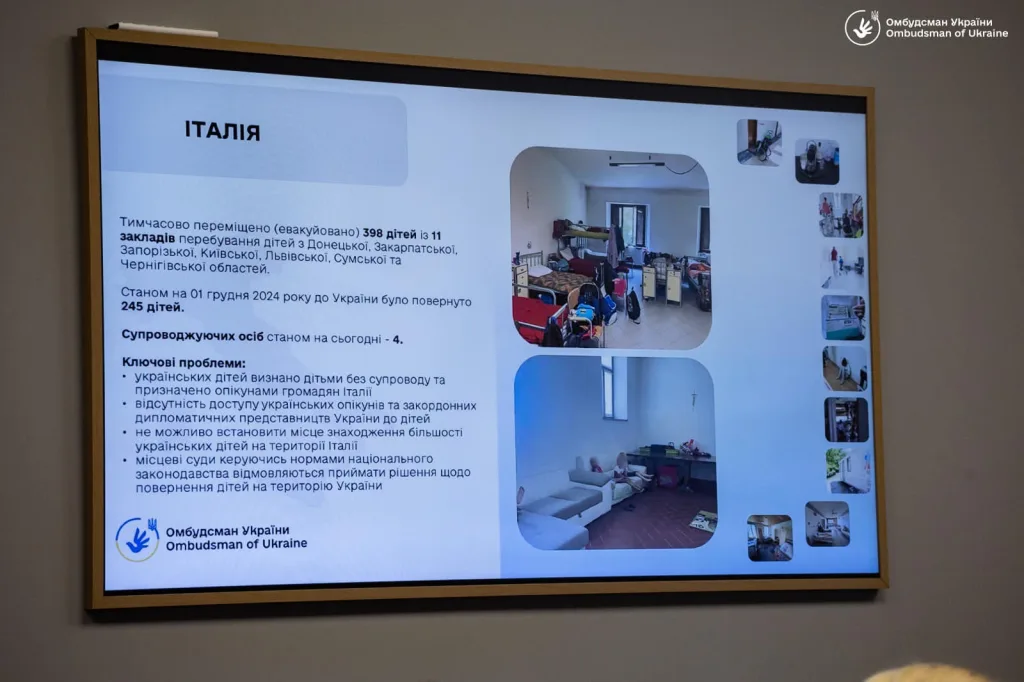
‘Unfortunately, neither the Ministry of Social Policy, nor the Ombudsman’s Office, nor MPs who had separate communications with their colleagues from Italy, were able to get the children returned. Today we have to state that 245 children are in Italian families or in institutions to which we have no access, and even despite the monitoring visit, we were unable to conduct an individual needs assessment,’ said Iryna Suslova, representative of the Ombudsman for Children’s Rights.
Austria
In Austria, the situation is somewhat better. Children are kept in more or less appropriate conditions. However, during the monitoring visit, violations of children’s rights, including those of children with disabilities and children with special educational needs, were recorded.
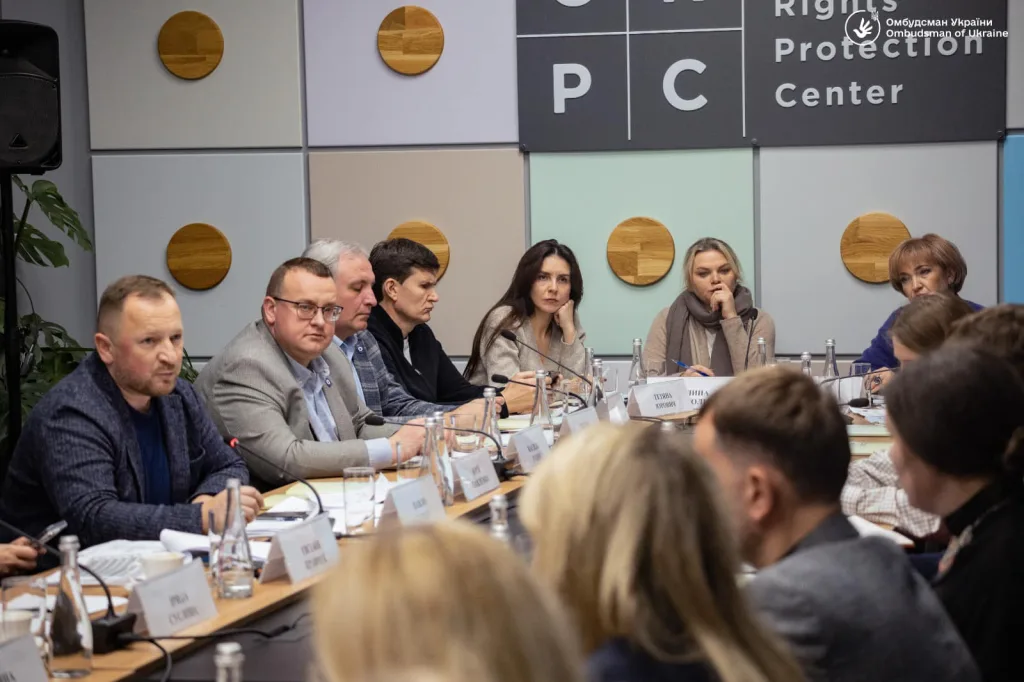
The educational process is not properly organised. There are violations of the rights of children with disabilities. There is also a problem with Ukrainian accompanying persons. For example, alcohol abuse, child abuse, violence. There is a Kirovohrad orphanage in Austria with 60 children. However, 37 children cannot be returned to family care. Despite the fact that the National Social Service has already received documents from potential parents and sent them to the Austrian side. However, the Austrian side does not give any official responses and it is impossible to communicate with them. Moreover, the last visit was suspended and the date of the visit was postponed because Austria does not see the need for the Ukrainian government to have the right to conduct an individual needs assessment.
‘This is a systemic problem that needs to be addressed immediately. After three years of children’s stay in these countries, governments may refuse to return children. They say that they have already integrated and adapted and will be better off here. But we still have some time left to rectify this situation,’ emphasises Iryna Suslova.
Read also: Warm Winter has started: how to get a one-time financial assistance
Germany
The Kyiv-Svyatoshyn Centre for Social and Psychological Rehabilitation is located in Germany. There are children with severe disabilities there. Today, there is not a single institution in Ukraine that can create safe conditions for them.
In Germany, the level of medical care, support, rehabilitation, and education is so high that those children who did not speak before the full-scale invasion are starting to speak, and some have even gone to school. And those who did not move are starting to sit and learn to walk. ‘Most of the accompanying persons say that they will not be able to work in Ukraine after the level of care they saw in Germany,’ says Iryna. ’It is not only a matter of resources, but also of the attitude towards the child. They don’t treat children as things. They see a child as a human being, just a little one who has needs. Therefore, the task of the people around them is to ensure that these needs are met.’
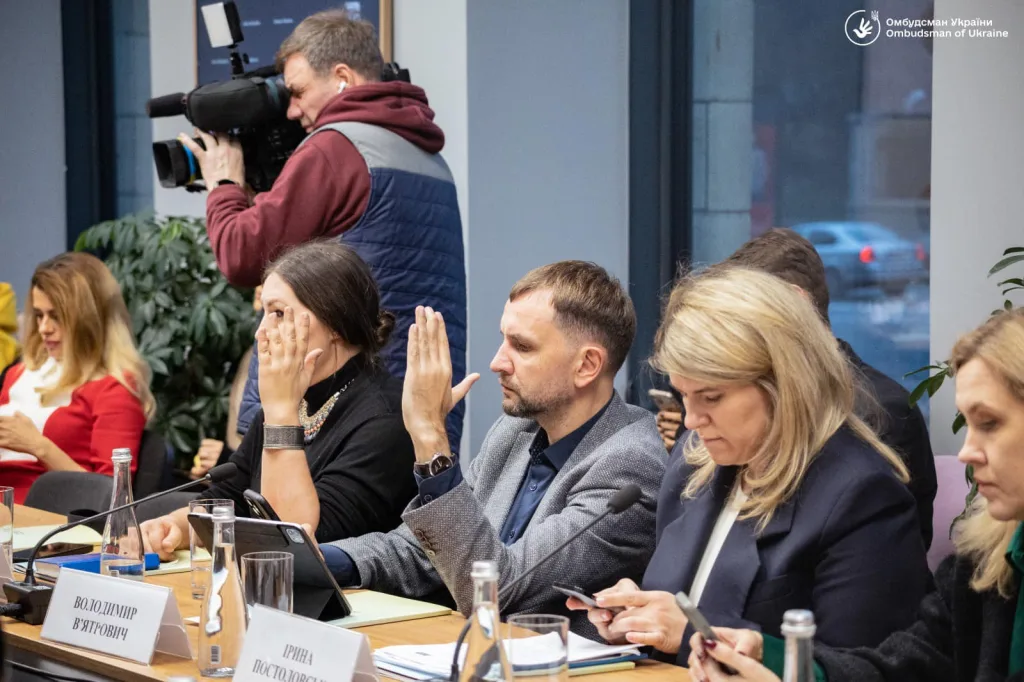
‘However, we lost control over this evacuated institution just like we did over the others. This happened because of physical violence against children by Ukrainian escorts. The German side sent these people back to Ukraine and distributed the children to different institutions that do not respond to the requests of the National Social Service.’
Turkey
Today, 20 children remain in Turkey. This is good news because the problems identified during the first monitoring visit in March 2024 have been partially resolved. Within six months, 80 children were returned to family-based care. These were children from the Dnipro region.
‘In Turkey, Ukrainian children were in two locations. One of them was a hotel complex with more than 200 children. We found pregnant girls there and opened criminal proceedings because the staff had sexual contact with children. In addition, there was no educational process at all. Children with special educational needs and disabilities did not receive any support at all. There were two children in this location who could not move independently. The staff forced other children to look after them. This caused aggression and bullying among the children.’
Unfortunately, it was not possible to resettle the children in Turkey in a way that would keep them under the control of Ukraine, so it was decided to return them back. This process is still ongoing. The children are being received in the Transcarpathian region, provided with the necessary assistance, and introduced to potential parents. There are already 40 candidates for adoption.
Poland
‘There is a lot to say about Poland, separately about each institution. There are significant problems in Olsztyn, where there are two CCRCs from Zaporizhzhia. Physical and sexual violence, the use of psychotropic drugs as punishment were recorded there. There are cases of children running away, when they were put on the wanted list, found and returned.’
The situation in Olsztyn reached such a scale that the Polish Ombudsman called the police there. More than 30 children were interviewed and testified to violations of their rights. I would like to note that 99% of cases of sexual violence against children are committed by our accompanying persons. And this is the worst thing. After all, these people did it in Ukraine and continued to do it abroad, not realising that they could be held accountable for it.
For example, in Olsztyn, two heads of institutions were suspended. One of them even had his passport confiscated. Nine accompanying persons were also suspended.
The situation in Morina is no less dire. In spring, summer and early autumn, children live in trailers on the territory of the hotel complex. In winter, the children live in normal conditions in the complex itself, but in summer, the Polish government provides vouchers for Polish children. And our children are moved to the caravans. It is very cold at night and hot during the day. Children are locked outside and not allowed to leave. They also use psychotropic drugs. Our children have been living like this for almost three years.
In Morina and Olsztyn, the situation is changing for the better, but very slowly.
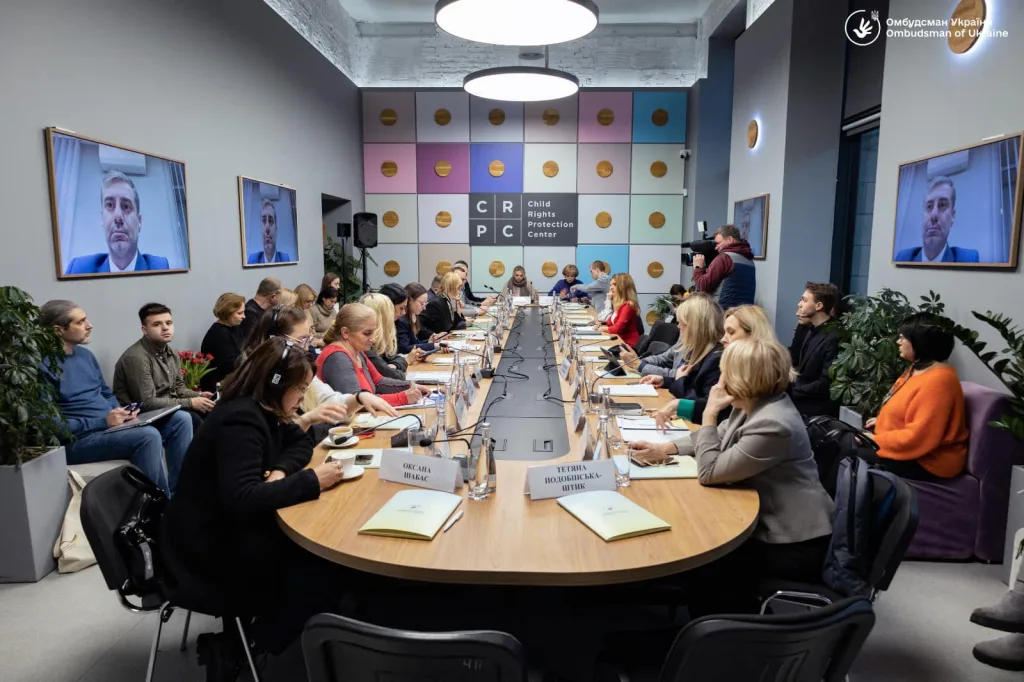
Switzerland
‘In Switzerland, there is nothing wrong with children’s rights. However, we lost control of the Kramatorsk institution because of the use of physical violence against children. The Swiss side suspended all the accompanying persons and did not allow us to replace them.’
‘The main problem is the communication between the Service for Children and the management of the institutions, the lack of control over their work,’ says Iryna Suslova. ’Unfortunately, the civil-military administrations and specialised deputies do not pay attention to this and do not make visits. By the way, for two years, not a single deputy governor has visited the children abroad for whom he or she is directly responsible, because the military-civilian administration has decided to evacuate or relocate a particular institution. The absence of schedules for the attendants’ duties is also important. People are burning out. Some of them have lost their homes in the occupied territory, others have lost a relative. And living with children abroad all the time and not having holidays or weekends is physically and psychologically difficult. In particular, this is the reason for the violations we record.’
It is important to note that children in institutions abroad have new children. There have been several cases where accompanying persons have not even contacted consuls or obtained birth certificates for these children.
‘So, we need to approve an algorithm for responding to cases of violence. We need to ensure the investigation and prosecution of offenders. We need to organise work with the competent authorities of the host country of each state. To conduct an individual assessment of the needs of children in each evacuated institution.’
Read also: “HIV is not a period, it’s a comma”: how Ukraine is fighting the epidemic even in times of war



